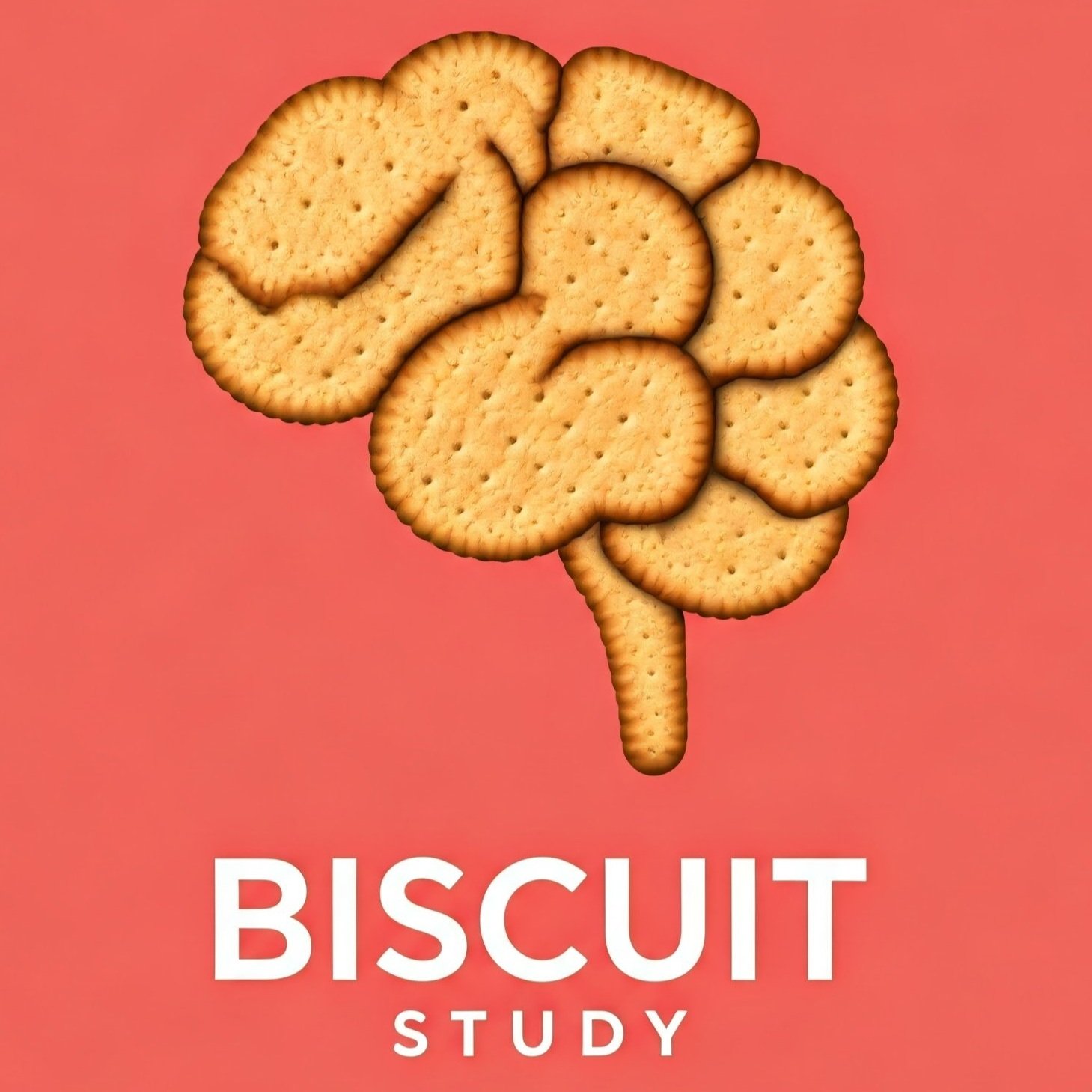What to Expect: Before, During, and After the Research Visit
Before your visit, you will receive study information explaining what your participation involves. During your visit, both you and your child will attend a research session at one of our two study sites. Afterward, you’ll be asked to use a sleep tracking monitor called an actigraph (resembling a wristwatch) and complete a sleep diary at home for one week.
There is also an optional focus group you may choose to join later where you will be asked your views on sleep interventions.
On-Site Research Session
Depending on the child’s age, your visit may take place at one of the following:
QMUL G.E. Fogg Building, Mile End Road, London, E1 4DQ
UCL Wolfson Centre, 43 Mecklenburgh Square, London WC1N 2AJ
We will confirm the exact location with you and provide directions, maps and travel information. Families are always welcome to get in touch before the visit with any questions.
What to Expect During the Session:
Upon arrival, you and your child will meet members of the research team who will guide you through the day.
Children and adolescents will be invited to take part in a range of activities relating to thinking skills and behaviour. The specific activities and questions will be tailored to your child’s age to ensure they are appropriate and engaging.
The session is designed to last most of the day, but there will be frequent breaks for rest, snacks, and meals.
All procedures and tasks will be clearly explained before they begin, and staff will be available throughout to answer your questions and offer support.
Families are encouraged to voice any concerns or needs at any time.
Actigraph & Sleep Diary: At-Home Monitoring for 7 Days
You will receive an actigraph, a small device worn like a wristwatch that monitors sleep patterns and daily activity levels. Alongside this, you will need to fill out a simple sleep diary each day for 7 days. These together will help the research team get a detailed picture of your child’s sleeping patterns at home following injury.
Returning Your Materials
At the end of the week, you will return the actigraph and completed sleep diary using a prepaid envelope provided by the team.
Focus Group
You may be invited to a focus group where you can discuss your experiences with the study as well as your views on sleep interventions. This will help us design a better study in the future as well as develop an intervention study that will be acceptable by parents and children as well.
-
Receiving Study InformationYou will receive information about the study through your clinical team, including details about what participation involves and what to expect, helping you make an informed decision before taking part.
-
Booking a VisitAfter reading the information and you choose to take part, the research team will contact you to see if you are interested in taking part and discuss any questions you may have. If you agree to take part, we will book a suitable date and time for your on-site research session. Clear instructions and travel details will be provided in advance. You will be reimbursed for your travelling.
-
Attending the Research SessionAttend the in-person research session with your child. The day includes age-appropriate activities and questionnaires, with plenty of breaks and staff to support you and answer any questions you may have.
-
Sleep Diary at HomeAt home, your child will wear an actigraph on their wrist for seven days. This will give us precise information on when they fall asleep and how often they wake up during the night. On your end, you will need to complete a while you both complete a simple sleep diary for 7 days to record sleep patterns and daily routines following injury.
-
Thank You & Follow-UpReturn the actigraph and diary using the prepaid envelope. You’ll later receive a summary of findings and be invited to hear about the results and next steps in the research.
-
Focus GroupThe parents/adolescents who agree to participate in our focus group will be sent an online link to take part. The focus group will last between
You have been invited to take part in the BISCUIT study through Royal London Hospital. The study involves children and adolescents who have recently experienced a traumatic brain injury (TBI), as well as a control group of young people who were hospitalised for an orthopaedic injury not involving the head. Your participation will help researchers better understand the effects of sleep following different types of injuries.
Take Part in the BISCUIT study
FAQs
What should I do to prepare?
No special preparation is needed. You do not need to bring anything. If you’d like to talk to your child beforehand, you could explain that:
The visit will include some brain games and answering questions
They might wear a comfy watch to track their sleep for a week
They can take breaks, stop at any time, and ask questions
We’ll also talk them through everything when you arrive.
How Will the Data Be Used?
All data is stored securely and kept confidential. With your consent, we may reuse some anonymised data for future ethically-approved research. More information can be found on the participation information sheet.
I don't have a traumatic brain injury - why have I been asked to take part?
Even if you/your child does not have a traumatic brain injury, your participation is valuable to the research as it will help distinguish which sleep/cognitive behaviour is solely due to the traumatic brain injury, rather than the experience of sustaining an injury such as visiting the hospital.
How can I stay updated on study results and conclusions?
We are committed to sharing the findings from the BISCUIT study with all participants. Once results and conclusions are available, we will post updates, news, and links to publications on this page.
